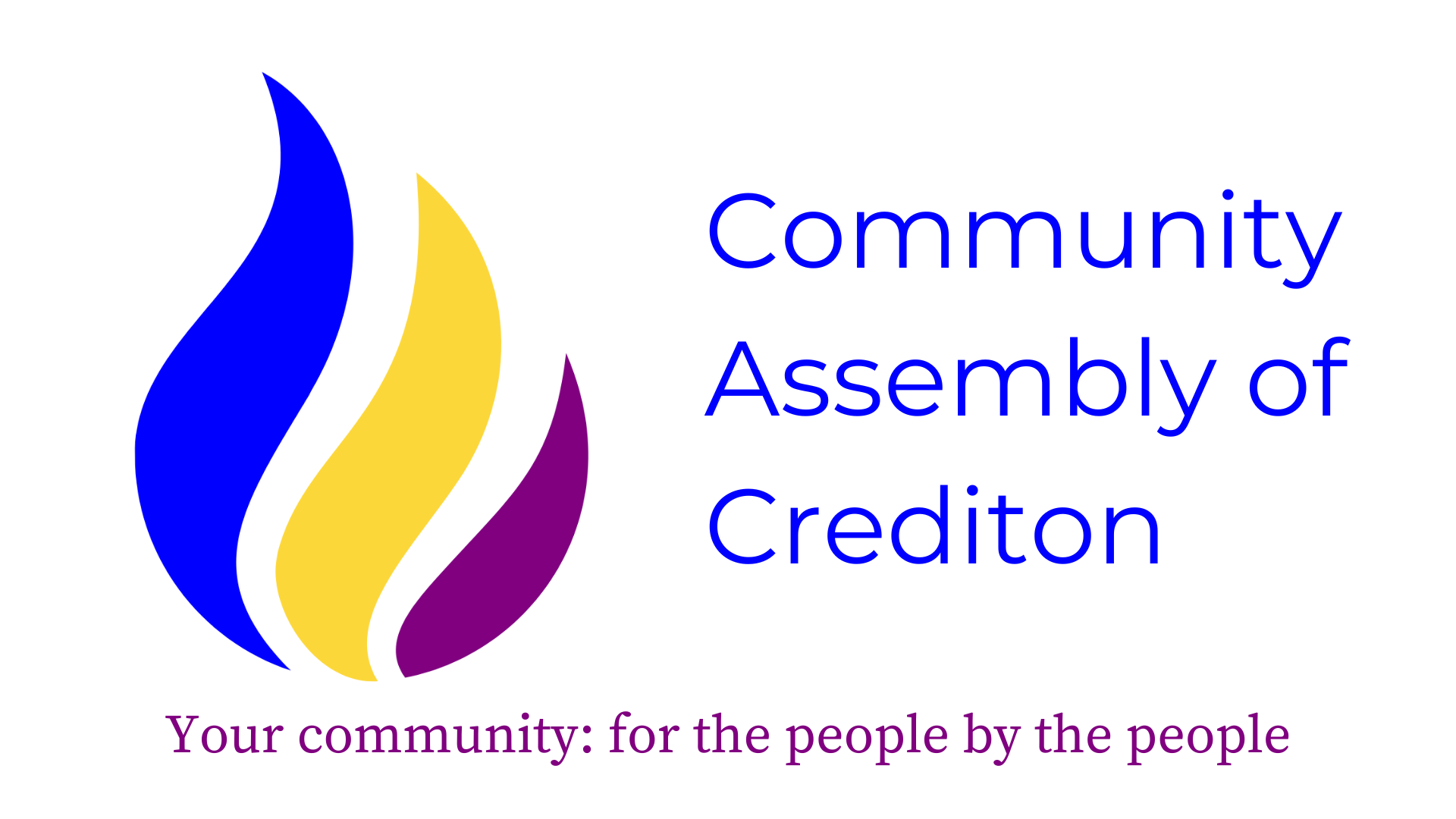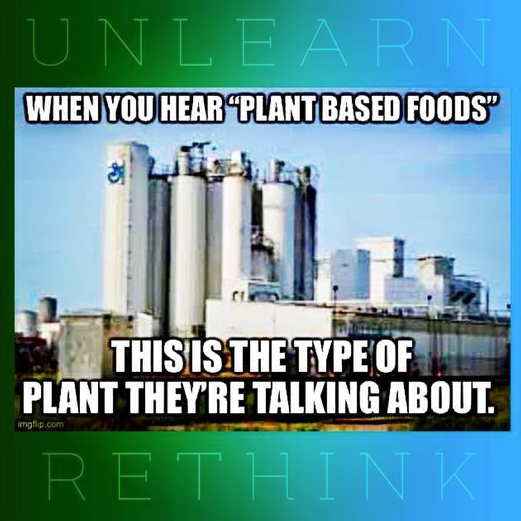
Food & Farming
FARMING IN THE BRITISH ISLES
Where the British Isles was once virtually self sufficient in food production we are now witnessing a slow, managed reduction (destruction) of farming in this country, by various forces.
Many of our farmers have tended their land and animals for generations, taking pride in the quality of the food they produce and as custodians of the countryside for the benefit of all.
That situation has been silently changing over recent years and has resulted in a reduced number of farmers as they can no longer make a reasonable living. As a result we are forced to import food from far away places at great cost to the consumer.
What is Food?
Any substance that people eat or drink that consists of protein, fat and carbohydrates which is used in the body to sustain growth and vital processes, to repair tissues and furnish energy.
If we look at the food the population ate less than a generation ago, we would see a very different picture. For the most part food production (vegetables, fruit, meat, fish and grains) took place in and around the British Isles without the need for importing from far away places. Most importantly vegetables and fruit were available in the right season. Meals were
prepared and cooked from recognisable ingredients and nothing came wrapped in plastic!
Sadly much of our ‘food ‘ production has been taken over by those who have less interest in providing the best quality nutrition but are more interested in profit margins. Massive
corporate ‘food’ producers supply highly processed products such as ready meals which just need a quick blast in a microwave before serving!
Reading the list of ingredients of processed foods gives cause for concern - a mixture of chemicals, colours and artificial flavourings, together with a sprinkling of ‘e numbers’. e numbers used in food production have been approved by the Foods Standards Agency but that does not mean they are not harmful to our health, eg. e104 Quinoline Yellow - some authorities suspect that ingesting this colouring agent may contribute to the symptoms of Attention Deficit Disorder and Hyperactivity (ADHD) in children.
The ubiquitous use of sugar in many processed foods has been causing concern over recent years. Sugar, (which has been described as ‘pure white and deadly’)* is reputed to be addictive for some. Products such as breakfast cereals, snacks bars energy bars, and soft drinks contain considerable amounts of sugar and when taken regularly by people of all ages it can contribute to weight gain, obesity and diabetes.
There seems to be a disconnect with many people that the food they eat has a direct and sometimes immediate effect on their health.
Fortunately, many farmers and growers are returning to organic methods of food production. Others say that whilst not totally organic they avoid the use of toxic chemicals.
Fresh, organically grown fruit and vegetables together with meat, fish and bread is available to buy at regularly held Farmers’ Markets or even at the farmer’s gate.
The Community Assembly of Crediton data base provides information and links to local producers. Go to Local Organic Farmers (Crediton)
Further Reading
Pure White and Deadly’ by Prof John Yudkin Prof. of Nutrition Queen Elizabeth College, London.
Sustainable Farming
What does a naturally sustainable farm look like?
- Biodiversity is practiced. Farm a variety of animals - dairy / beef cattle / pigs / sheep / chickens.
- Rear the cattle and sheep on pasture for as much of the year as possible.
- Use manure from all the animals to fertilise the land - returns essential nutrients to the soil reducing the requirement for purchased fertiliser.
- Rotation of crops - minimises soil degradation.
- The ability for farmers to be able to sell their produce for a fair price and make a reasonable living.
- The farmer knows his land/soil and animals best and uses this knowledge and expertise to be in control of how the farm is run to produce the highest quality food.
- Farmers are the custodians of the countryside maintaining hedgerows , etc.
Farming Issues
What are some of the issues our farmers face?
- Overarching control by agencies and corporations that work to promote specific agendas eg. historically The European Economic Community (EEC), The European Union (EU) and more recently The World Economic Forum (WEF).
- The major narrative currently is The Climate Agenda which promotes theories about rising temperatures and and carbon dioxide (CO2) levels. This is having a direct impact on all of our lives but in particular our farmers’ ability to produce food in the traditional way.
- The farming of meat and in particular beef and sheep is being discouraged in favour of highly processed ‘plant food,’ artificial ‘meat’ and insects. We would do well to be reminded that commercially produced and plastic wrapped ‘plant food’ is produced in factories looking very much like this sort of ‘plant'.
- The consumption of farmed insects is being normalised and encouraged as an alternative source of protein to meat. Cricket Flour may be used in the production of bread, pizza and crackers etc in the British Isles. A baker in Cheshire has a ‘Crunchy Cricket Loaf’ on sale.
- Twice yearly bovine TB testing.
- Low market prices for produce. Price setting is dictated by corporate entities eg. supermarkets, giving farmers little choice in where they sell their produce.
- Supermarket standardised rules for weight (meat) size, shape, colour for fruit and vegetables. Anything that deviates from the stated standard is either rejected or results in lower payment.
- Farming is a relatively hazardous occupation eg. Injury from animals / machinery. Exposure to harmful chemicals eg. organophosphates (sheep dip).
- Succession - the younger generation may not be attracted to farming as a career.
Farming Solutions
What are some of the solutions to farming issues?
- Support our farmers.
- Shop locally. Research farmers’ cooperatives.
- Buy from farmers’ markets or direct from the farm.
- Bypass supermarkets, where possible when buying fresh produce.
- Education - Explore The World Economic Forum (WEF) and AGENDA 30. Seek alternative views on ‘climate issues’.
Let food be your medicine and medicine be your food.


